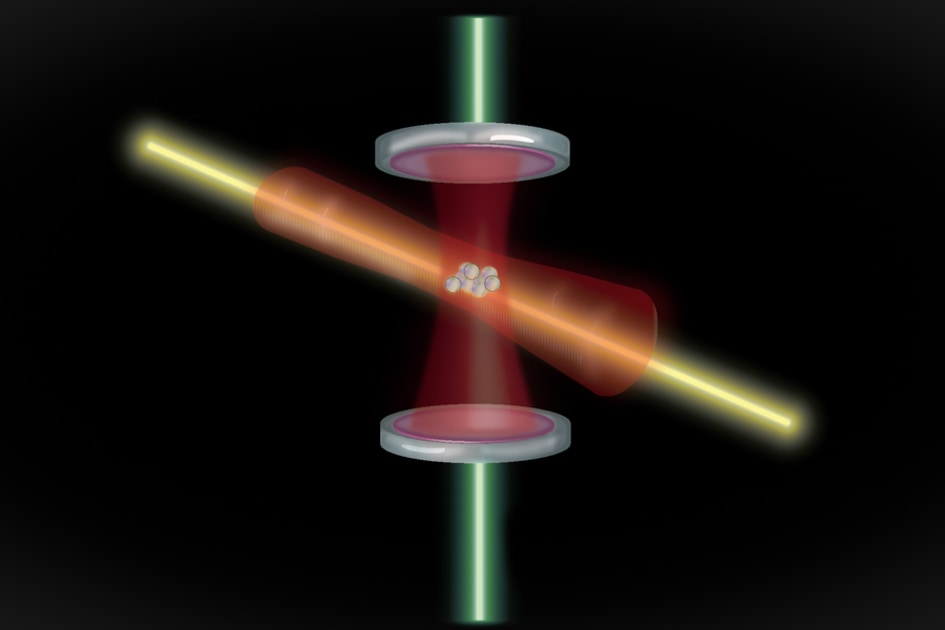The team entangled about 350 atoms of ytterbium. The atoms of the rare earth element oscillate at the same frequency as visible light, or 100,000 times more often per second than cesium, the element used in other atomic clocks. If scientists can precisely track those oscillations, they can “use the atoms to distinguish smaller and smaller time intervals,” notes MIT.
Had the most advanced atomic clocks been adapted to use this method and had been around since the beginning of the universe (some 14 billion years ago), researchers believe they would be accurate to less than a tenth of a second. The most advanced atomic clocks would deviate about half a second in the same timeframe with their current settings.
